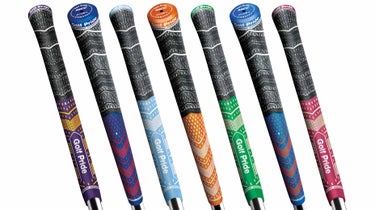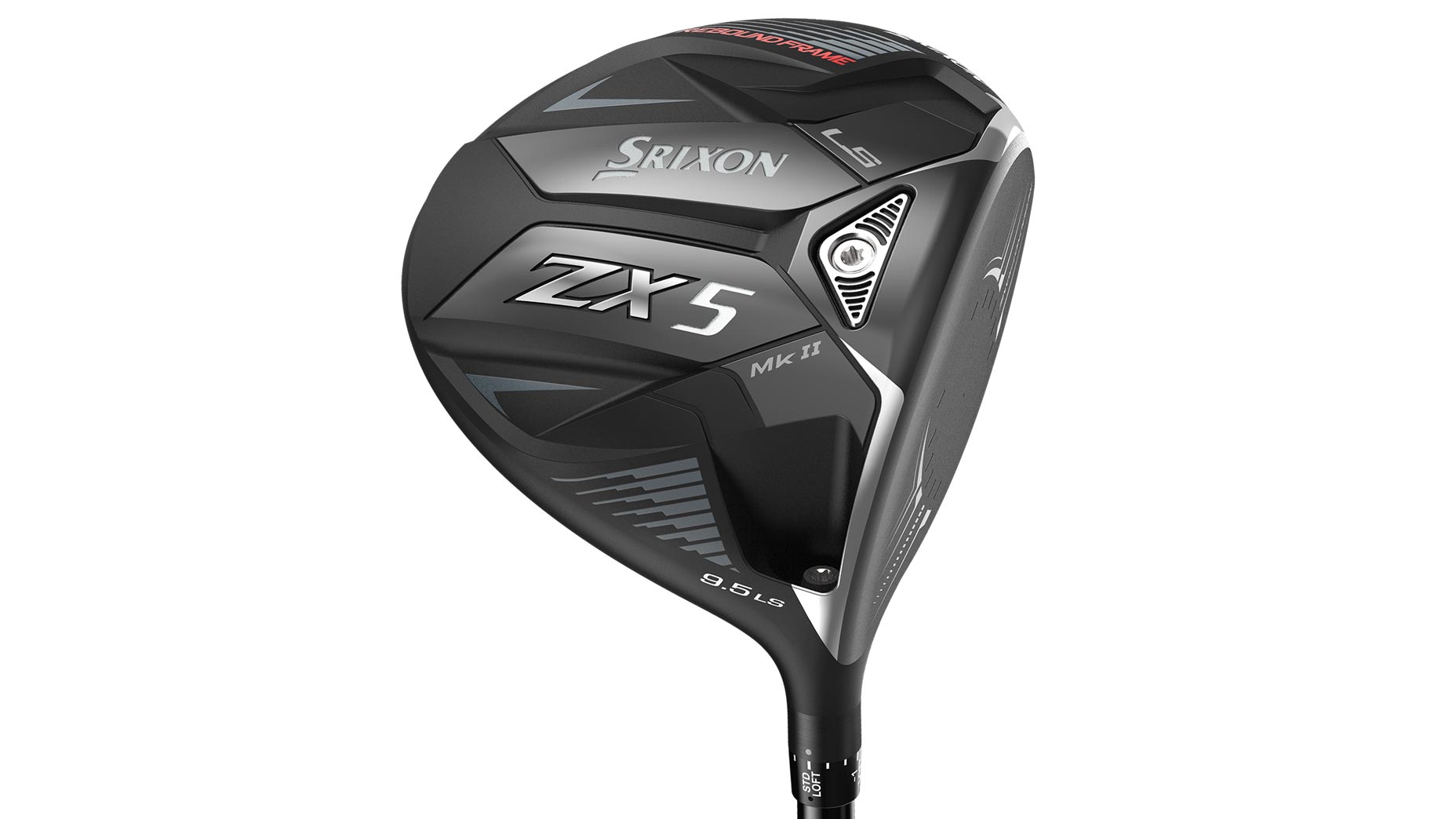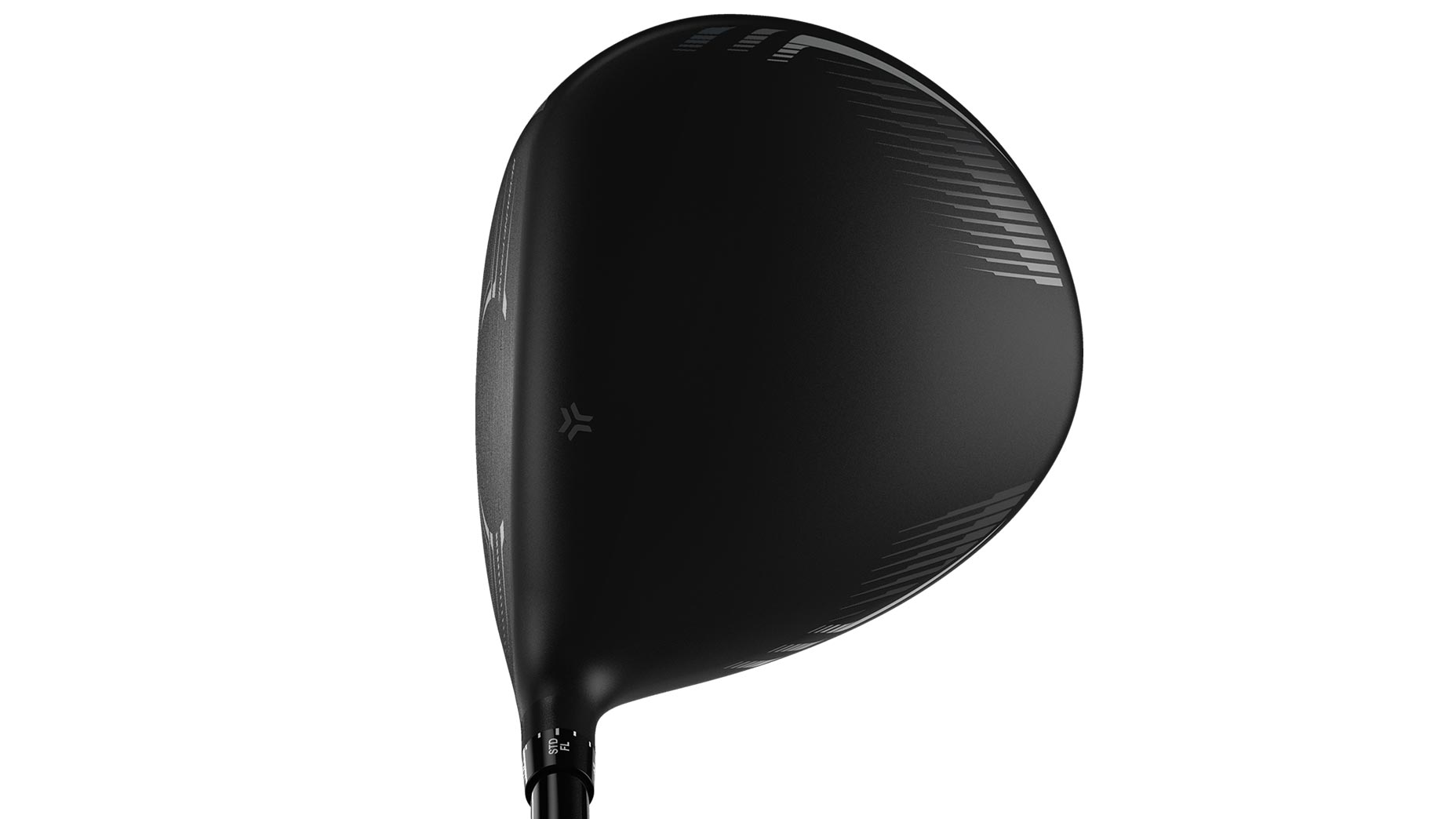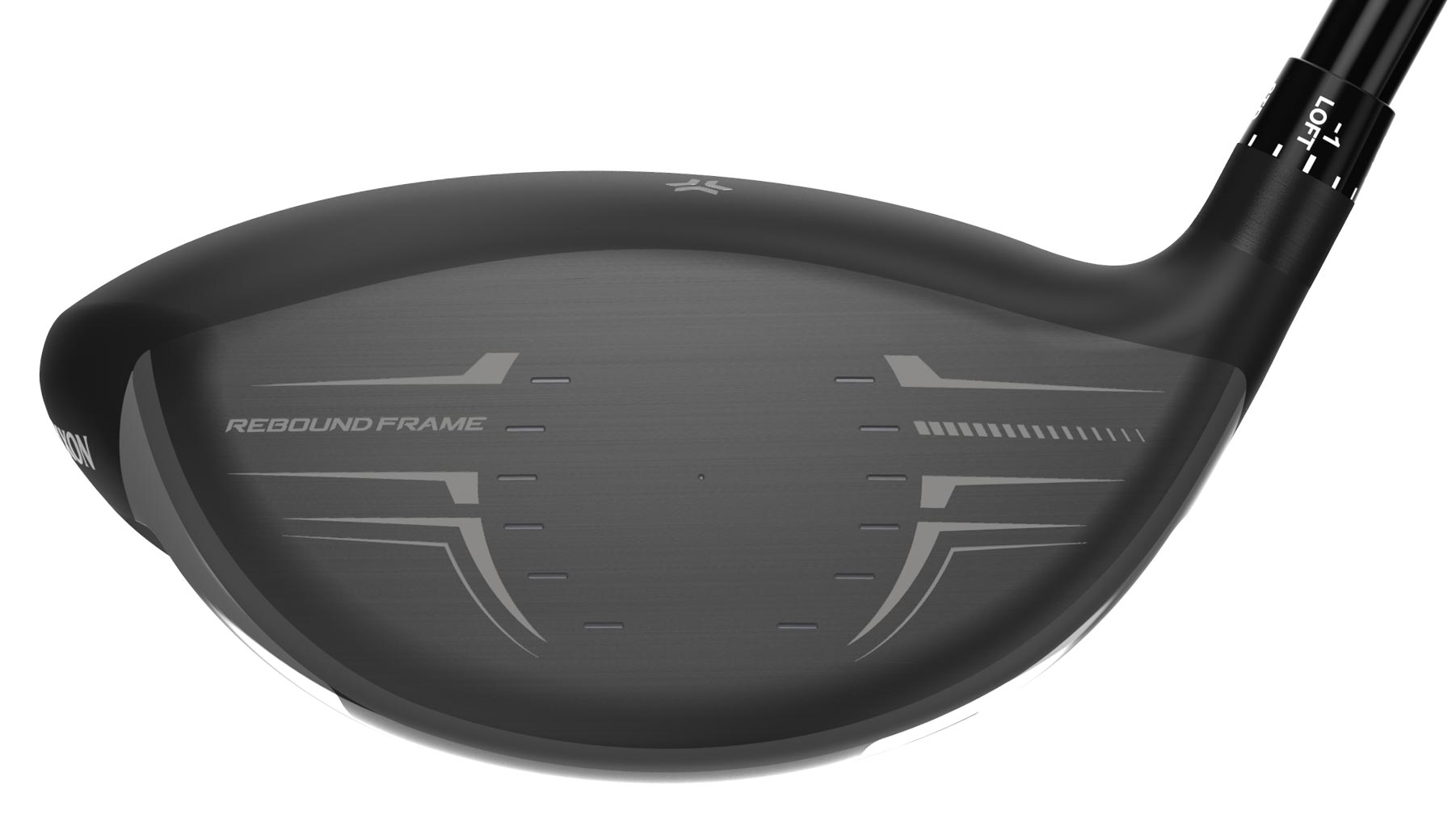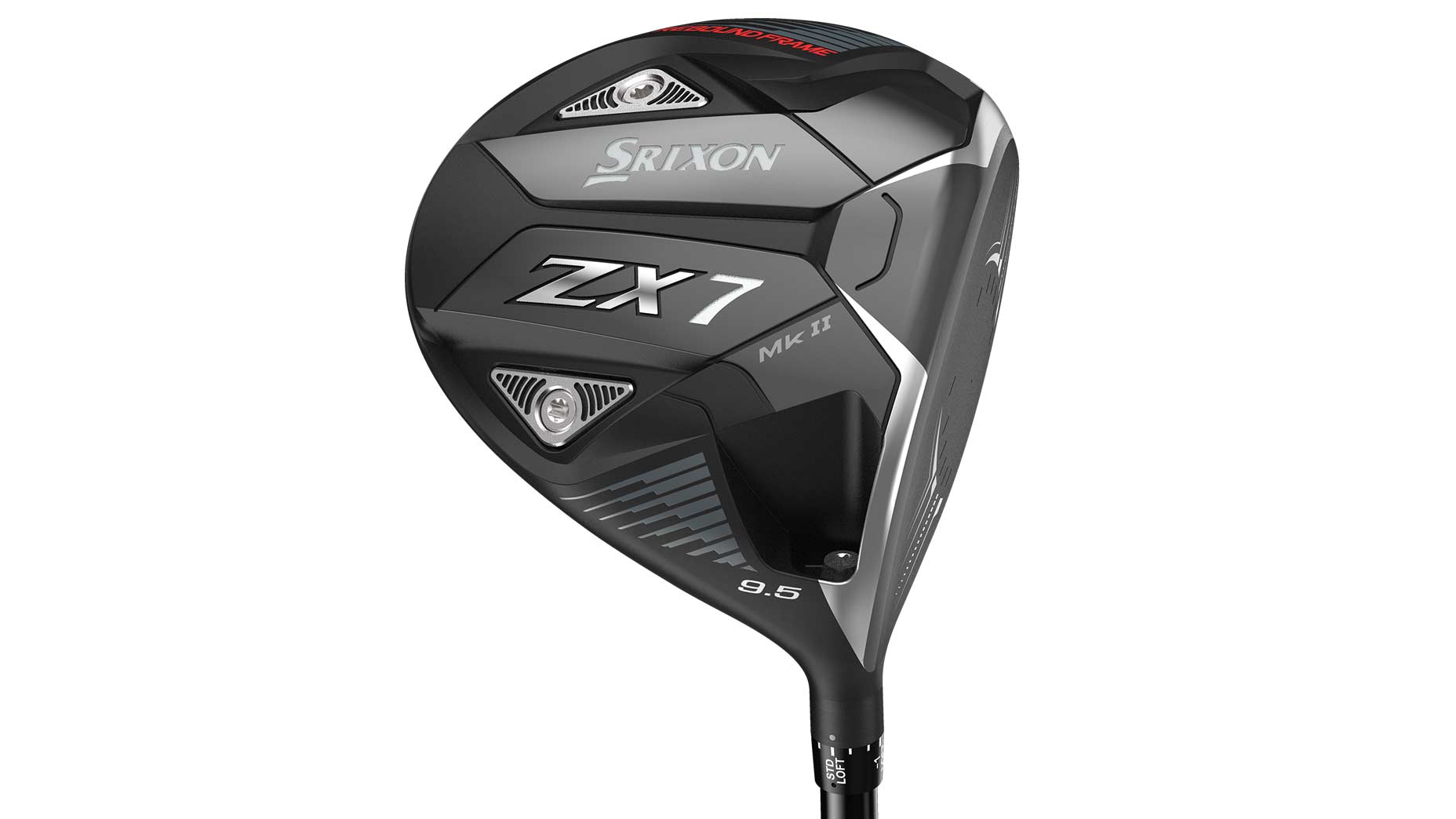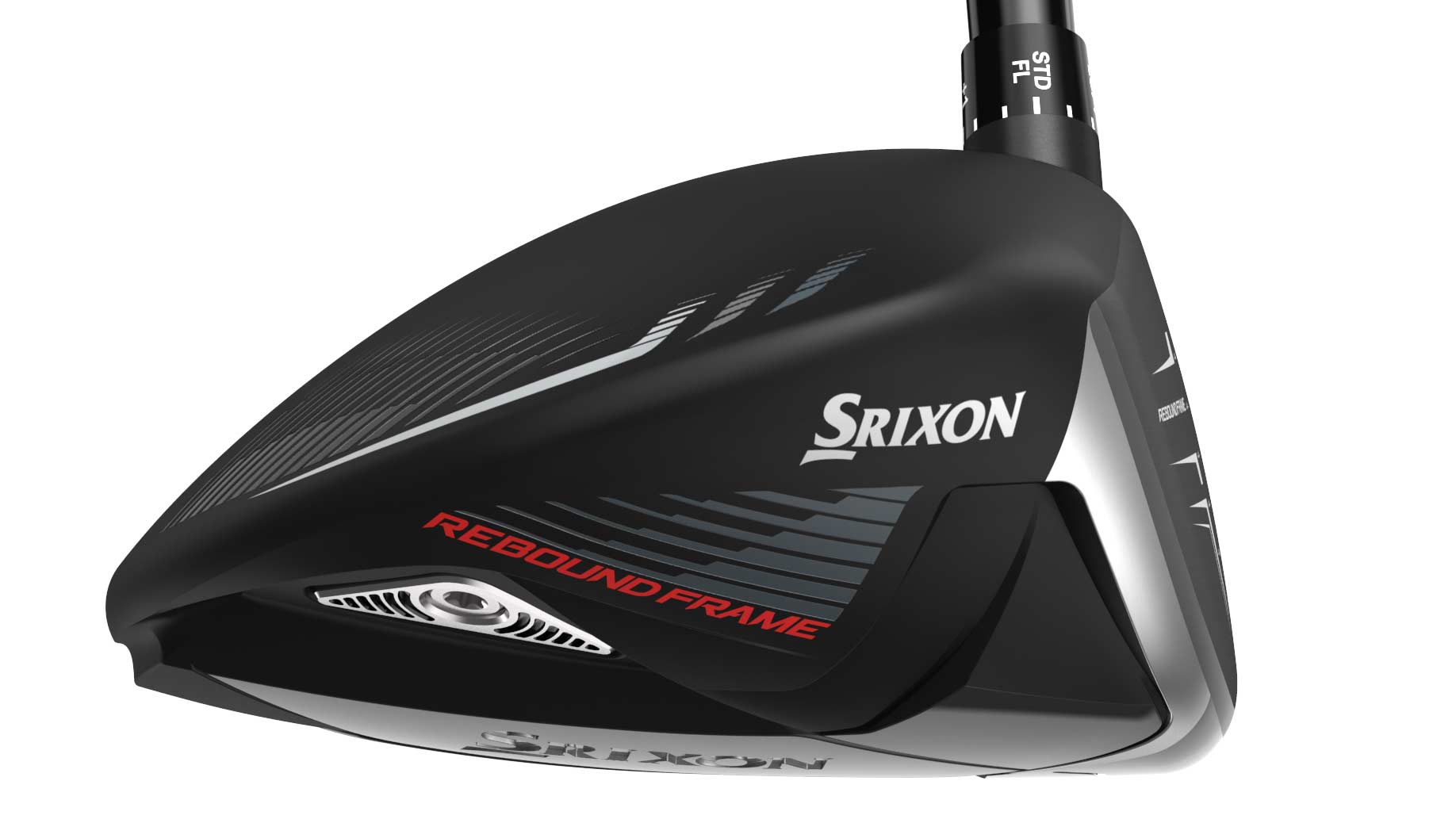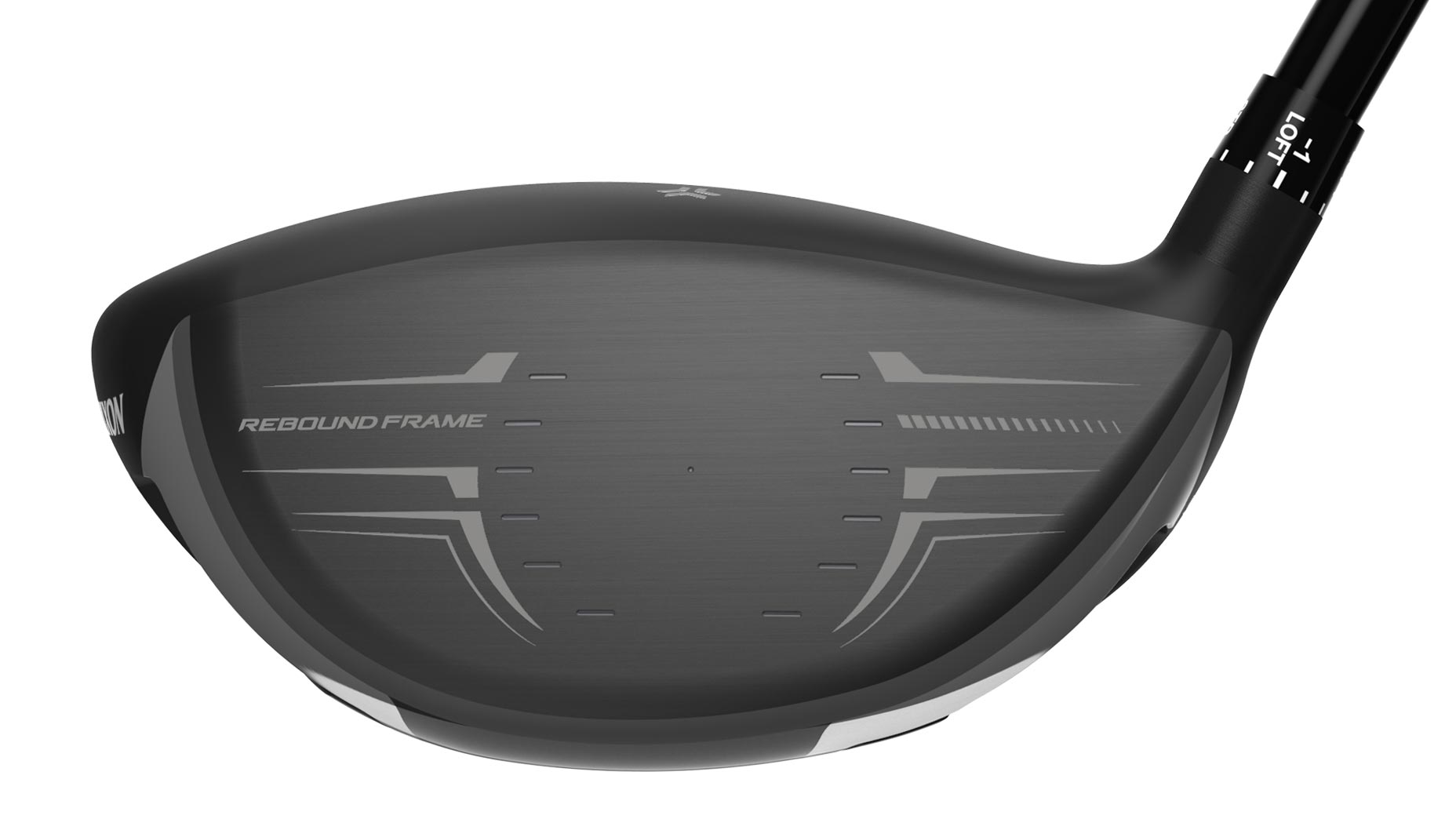Narin An made four straight birdies around the turn and finished with an 8-under 64 Thursday for a one-shot lead in the CME Group Tour Championship.
Gear Questions You’re Afraid to Ask: Should all your grips be the same size?
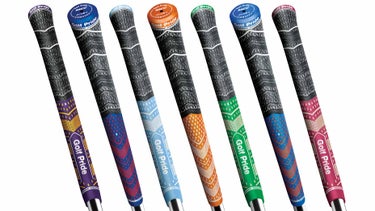
In this edition of GQYATA, we tackle whether or not it’s a good idea to carry grips of different sizes on different clubs in your bag.
The post Gear Questions You’re Afraid to Ask: Should all your grips be the same size? appeared first on Golf.
In this edition of GQYATA, we tackle whether or not it’s a good idea to carry grips of different sizes on different clubs in your bag.
The post Gear Questions You’re Afraid to Ask: Should all your grips be the same size? appeared first on Golf.
Welcome to Gear Questions You’re Afraid to Ask, a GOLF.com series produced in partnership with Cleveland/Srixon Golf. This week we discuss the importance of grip size.
Is it a good or bad idea to have different-sized grips in my bag? – Mark K., Florida
Interesting question, Mark. And while we don’t have the exact answer you may be looking for; we can let you know that there’s more to grip diameter than many people think. Let’s run through some basic grip science to help sort things out.
What is grip diameter anyway?
When talking grip size, we’re usually referring to the measurement of the outer diameter of the grip—specifically, the upper hand area just below the butt end. Typically, grips come in either junior, ladies/undersize, standard, midsize and jumbo, each with a progressively larger outer diameter.
Some grips come with less/more taper, and some other grips come with a ribbed reminder on the underside of the grip to remind the hands where to take hold. When you see “core size” anywhere in the description of the grip, that’s actually a measurement of the inside diameter—not the outside. Most grip core sizes are somewhere in the .580” or .600” range, and sometimes smaller for undersize grips. You probably don’t need to fret over this, just know that when you pick up a grip that is less that .600″ the grip might feel a little thicker once it’s installed on a golf shaft.
But why have different sizes?
There are two main reasons. The first is obvious—to accommodate different hand sizes. Smaller grips tend to feel more comfortable in smaller hands, bigger grips tend to be better for bigger hands, and so on.
Some grip manufacturers and retailers have systems that measure hand size to determine the right fit, while some others use glove size to reference what size grip is best. The second reason grips come in different sizes is that some players simply prefer the way either skinnier or thicker grips feel in their hands when swinging the club. More on this in a second.
Does grip tape matter?
Absolutely it does. How much grip tape is used underneath the grip will greatly affect how thick a grip feels in your hands. And not just that, but where the grip tape is applied matters just as much. It’s not uncommon to see players with large hands use more grip tape towards the bottom of the grip to increase the lower diameter of the grip.
The thicker the grip, the heavier it gets
Another important grip metric to consider is the weight of your grips. Usually, we look towards texture, feel and thickness when talking grips, but weight can play a significant part in how your clubs feel and perform. As you go thicker, you add weight to the grip end, which can lighten your swingweight making your clubhead feel lighter. Just remember, midsized and jumbo grips are usually heavier than standard grips.
Armed with the basic knowledge above, let’s tackle your initial question which is whether or not it’s a good idea to mix different grip diameters in your bag. Again, we don’t have the answer for you specifically, but we can think of a few reasons why you might want to mix things up.
All of our market picks are independently selected and curated by the editorial team. If you buy a linked product, GOLF.COM may earn a fee. Pricing may vary.
Srixon ZX5 MKII and ZX7 MK II Drivers
Reasons for having different grip sizes
- You want to have slower hands with your shorter shots:
If you struggle with overactive hands on short shots, a thicker grip can help slow your hands down to prevent from bottoming out your wedge shots too soon.
- A thicker grip can help mitigate hooks, too:
If you’re prone to hooking it, a thicker grip will again, likely slow your hands down during the swing to lessen a hook.
- Thinner grips can speed up your release:
A thinner grip can have the opposite effect as a thick one, helping to speed up your release and reduce slices.
Ultimately, it’s up to you to decide what grip size works best with each club in your golf bag. Some players like the consistent feel that comes from having the same grip diameter through the bag—others don’t care and easily adjust. There’s no right or wrong answer here.
If you’re hesitant to size up and go with a bigger grip but you want a more steady and less active pair of hands, try using more grip tape first and see if that helps. And if you decide to size down, do it incrementally, and again, use grip tape to make the transition from one size to another a little less impactful.
Want to overhaul your bag for 2023? Find a fitting location near you at GOLF’s affiliate company True Spec Golf. For more on the latest gear news and information, check out our latest Fully Equipped podcast below!
The post Gear Questions You’re Afraid to Ask: Should all your grips be the same size? appeared first on Golf.
